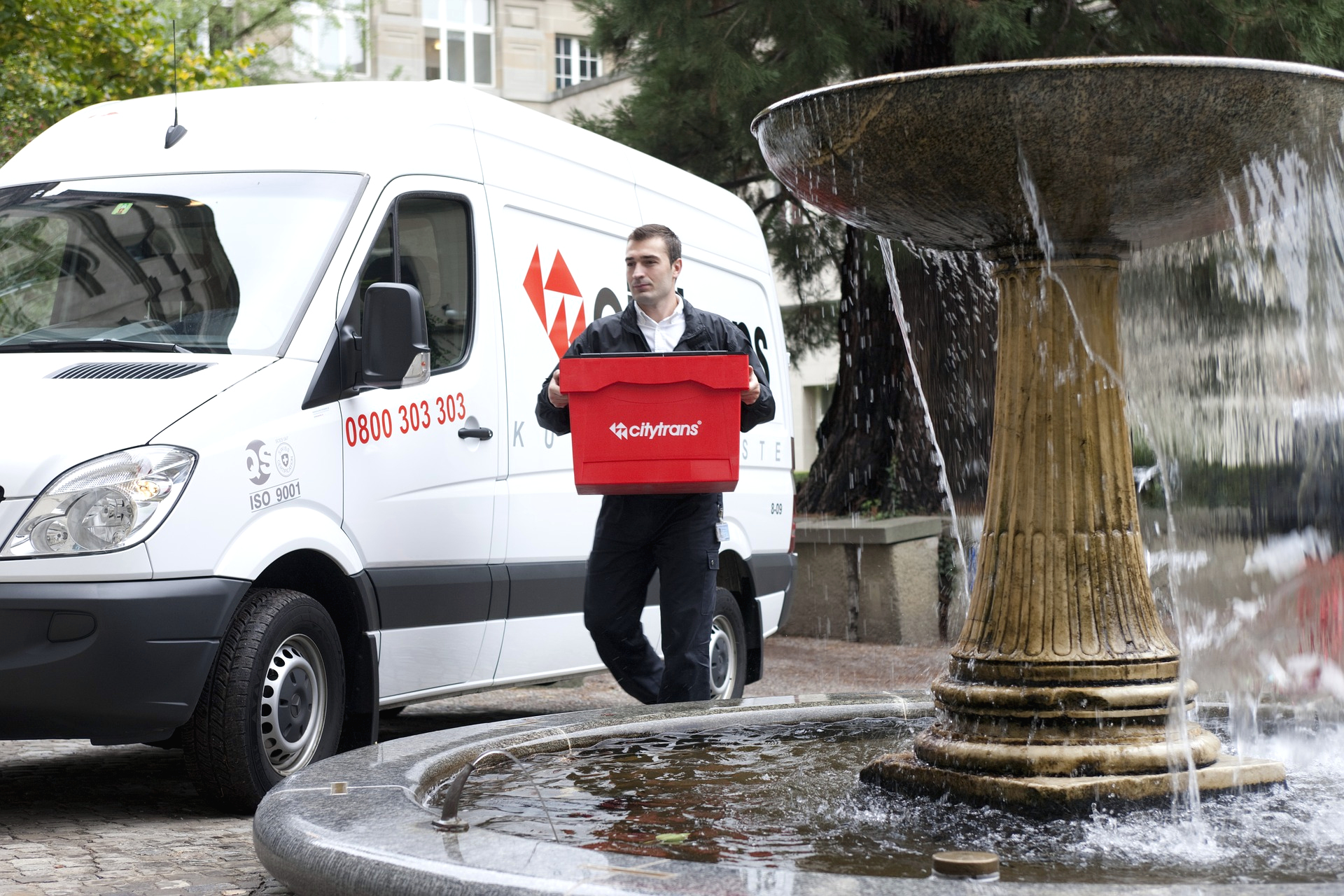As many as 63% of consumers prefer to shop online because traditional stores are crowded like public transport during peak hours, according to a report by Capgemini. For delivery companies, the biggest challenge is the “last mile”, i.e. the delivery of goods from the store or warehouse to the customer.
According to a report by Capgemini, which surveyed nearly 3,000 consumers in five countries and 500 managers of large retail companies in nine countries, customers are not satisfied with the services associated with the so-called last mile. The survey concerned goods ordered via the Internet. As many as 59% of customers indicated too high a delivery price, 47% were not satisfied with the lack of same-day delivery, and according to 45%, purchases arrive late.
“Last mile” as an element of advantage
But the “last mile” looks completely different from the point of view of delivery companies. It accounts for as much as 41% of the costs of the entire supply chain, which is why online trade is on average 19% less profitable than traditional trade. According to almost all managers surveyed by Capgemini, logistics of the “last mile” is the key element of competitive advantage. As a result, many companies choose to deliver goods to consumers at rates below cost. This is why vendors are looking for new solutions, such as delivering purchases by drones, autonomous vehicles, to homes in the absence of the customer, or to car racks.
It is not surprising, therefore, that last mile logistics is the leader in terms of financing technology for retail trade. In Q2 2018, the industry invested USD 1.3 billion in such innovations.
These investments were related, among others, to the adoption of new autonomous delivery models on developed markets. This was necessary due to the growing demand in cities and high labour costs.
Advice from Capgemini
Capgemini, based on the research carried out, provides an amount of advice to suppliers in the report, depending on the scale of activity. According to experts, small shops should outsource delivery and focus on the real needs of the customer. Large-format stores, on the other hand, should optimise the number of delivery points and encourage customers to use pick-up points.
Another Capgemini idea for significant savings, is to automate the delivery process, i.e. warehouse operations, back office for orders and click-and-collect orders, as well as the introduction of autonomous vans. Such solutions would significantly reduce expenditure on employees, which accounts for the majority of warehouse and transport costs.
Photo: Pixabay











